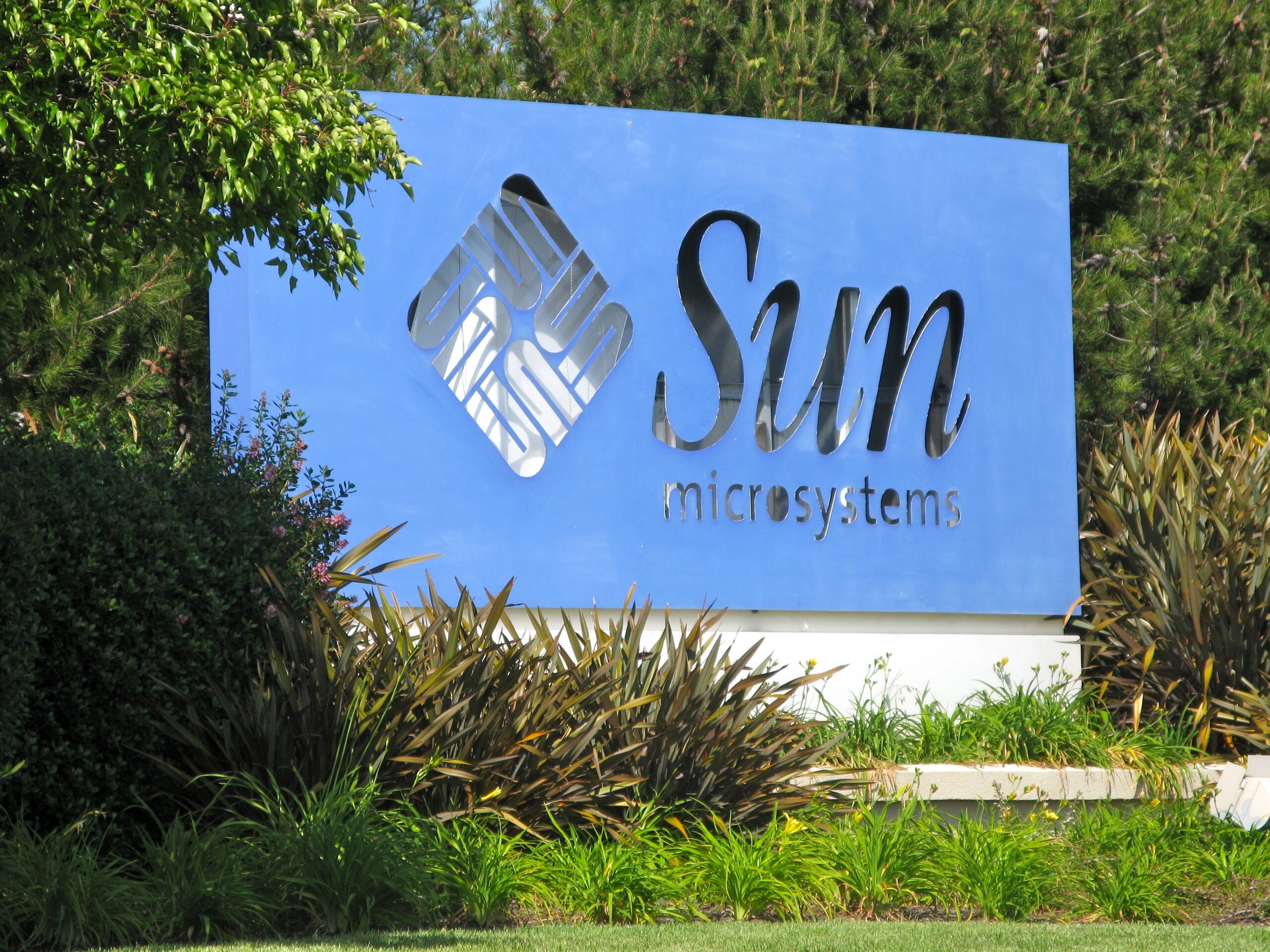Lawyers from both sides offer their positive perspectives on the hearing
On Thursday, September 10, 1998, US District Court Judge Ronald Whyte heard closing arguments over Sun Microsystems Inc.’s request for a preliminary injunction in its lawsuit alleging that Microsoft Corp. illegally modified Sun’s Java technology.
At a closed hearing in San Jose District Court, Northern District of California, attorneys from each side presented 45-minute oral arguments in which they attempted to tie together witness testimony presented to the court over the past two days.
The fact that the hearing took place behind locked doors prohibited either company from commenting specifically on what was said. But under Judge Whyte’s order, an edited transcript of the hearing was to be filed with the courthouse by 2 p.m. PST Friday.
Attorneys for both companies said the hearing went well for them.
“Sun argued extensively with respect to our motion for unfair competition, and made a number of points regarding the (licensing) contract,” said Lloyd “Rusty” Day, outside counsel for Sun, in a brief teleconference after the hearing.
A representative of the Microsoft legal team said Microsoft attorneys emphasized that the sole focus of the case should be whether the software giant complied with its Java licensing contract.
“The ‘unfair competition’ part we see as a side show issue to the contract. And we were entirely and indisputably within the terms of our contract,” said Tom Burt, associate general counsel for Microsoft. Microsoft has “a library of reasons” why it thinks Sun’s charge of unfair competition has no merit, Burt said.
Sun’s lawsuit, filed in October 1997, accuses Microsoft of violating the terms of its Java licensing contract by using a version of Java in its products that does not pass certain compatibility tests referred to in the licensing agreement. In May this year, Sun filed two motions for preliminary injunctive relief — one based on copyright infringement and the other based on unfair competition.
If granted, the preliminary injunction would force Microsoft to halt shipment of Windows 98, Internet Explorer 4.0, and its Java development tools until it makes changes that bring them in-line with Sun’s Java specifications.
“If he [the judge] doesn’t grant the injunction, we’ll move it to trial as rapidly as possible,” Sun’s Day said.
Whyte has indicated that he will rule on the matter as soon as possible. A hearing for Sun’s last motion for preliminary injunction — to prevent Microsoft from using the Java logo on its products — was held February 27, and Whyte issued a ruling in Sun’s favor on March 24.
Microsoft has consistently denied the charges against it, saying that any changes it may have made to Sun’s Java technology were legitimate and meet with the terms of the contract it signed.
“It was a very good three days for Microsoft,” Burt said, referring to the duration of the hearings. “We believe we made our key points to the judge and now it will be for him to decide.”
The closing arguments lasted about two and a half hours in all, Sun’s Day said. After the 45-minute oral arguments from each side, Judge Whyte returned to the courtroom and asked three questions, which he allowed each company to address, Burt and Day said. They would not say what the questions were.
Whyte decided to close the hearing to the press and public because both companies told him they planned to cite from e-mails and documents in their closing arguments that had been previously sealed under a protective court order.
Looking back on the past three days, Burt said some of the most compelling testimony from Microsoft’s point of view came from Robert Muglia, senior vice president of Microsoft’s Applications and Tools Division. (For more on what Muglia had to say, see the Muglia story.)
“Muglia was strong in establishing what this contract means and why Microsoft’s interpretation is correct,” Burt said. “And I think he showed effectively that giving developers a choice to write specifically to the Windows platform is pro-competitive.”
Muglia and Alan Baratz, president of Sun’s Java Software Division, were the lead negotiators for Microsoft’s Java contract. Earlier in the week, each offered the court a different account of what they had agreed the contract required of Microsoft when it was signed. (For more on Baratz’s testimony, see the Baratz story.)
In related news, a new special master was appointed to the case at the end of last week. The adviser will determine which documents submitted by the parties can be unsealed, said Sun spokeswoman Lisa Poulson.
Retired Federal District Court Judge Charles Renfrew replaces Judge John Flaherty, who recused himself last week when he discovered his pension fund has a stake in Microsoft stock.



